|
|
|
|
It’s alluring to think that we can modify moods or behaviors by “training the brain,” or adopting practices to control how our brains work. But when it comes to the popular notion of “dopamine hacking” to improve focus and motivation, the story is not so simple, writes Arizona State University neuroscientist Kimberlee D'Ardenne. She explains that the function and firing patterns of the dopamine system are involved in more than the well-established areas of the reward
system and motion. “Ongoing research untangling the diversity of dopamine will likely continue to change, and improve, our understanding of disease and neurodiversity,” she
writes.
A study published today finds that people from vulnerable groups in the western U.S. have suffered the most from wildfires and that the trend line is worsening. Boise State University wildfire scientists Mojtaba Sadegh and John Abatzoglou examined the populations of people in Washington, Oregon and California who lived within the perimeters of wildfires over the past two decades and found that half of those people exposed to wildfires were considered socially
vulnerable, such as low-income residents and older people. They write that their analysis can inform policies, such as providing disaster warnings in multiple languages or developing disaster prevention plans with vulnerable
locations, such as nursing homes, in mind.
I suspect readers of this newsletter may click on links in our articles to view the scientific studies our stories are often based on. But even the field of academic research is prone to quality problems. Two communication scholars cast a light on what are called predatory journals – for-profit publications that purport to publish rigorous academic studies but, as they write, “prey on unsuspecting academics to pay to publish and often misrepresent their
publishing practices.” They explain how this industry can undermine the quality of published research and weaken people’s confidence in research generally.
Also in this week’s science news:
If there is a subject you’d like our team of science editors to investigate, please reply to this email.
|

|
Martin LaMonica
Director of Editorial Projects and Newsletters
|
|
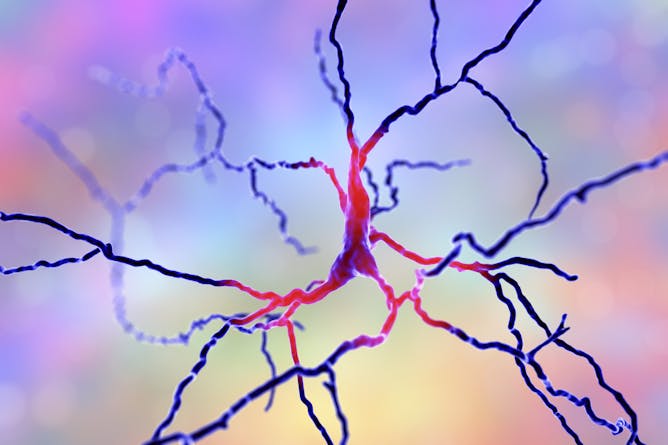
A better understanding of dopamine could lead to better treatments for neurodegenerative and neurodevelopmental diseases, among others.
Kateryna Kon/Science Photo Library via Getty Images
Kimberlee D'Ardenne, Arizona State University
From dopamine hacking to dopamine detoxes, some people have sought to harness this brain chemical to improve their mood and productivity. But it’s far more complicated than that.
|
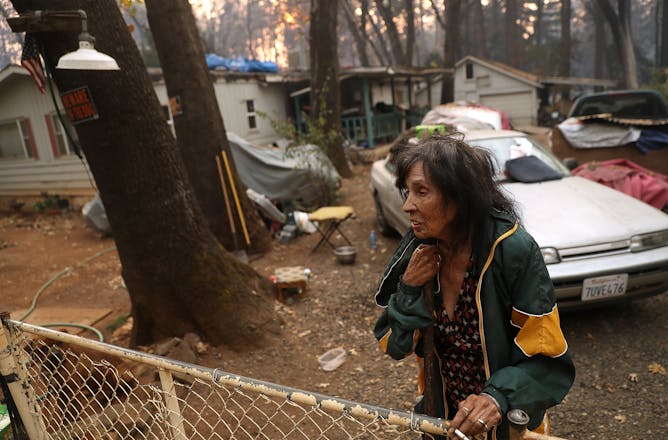
Many of the people caught in the wildfire that swept through Paradise, Calif., in 2018 were older adults.
Justin Sullivan/Getty Images
Mojtaba Sadegh, Boise State University; John Abatzoglou, University of California, Merced
Alarmingly, about half the people exposed to wildfires in Washington and Oregon were those least able to afford to protect their homes, evacuate safely and recover.
|
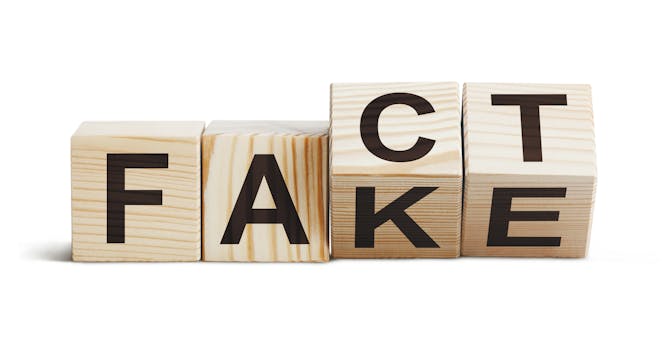
There is a rising number of predatory journals in academia, challenging scholars to determine which publications are legitimate.
Marat Musabitov/Getty Images
Eric Freedman, Michigan State University; Bahtiyar Kurambayev, KIMEP University
In some cases, it can be difficult for academics to know which journals are not credible – but other times, people feel pressure to publish in these publications.
|
|
|
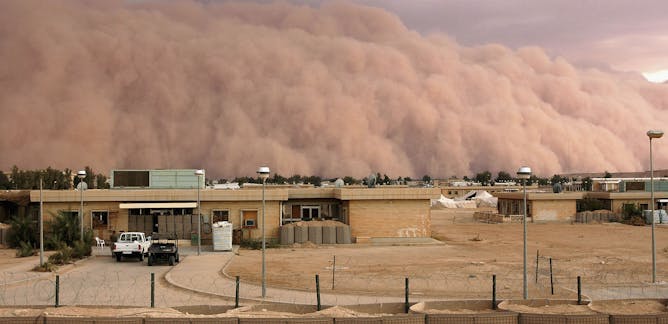
Claire Williams Bridgwater, American University; Fatin Samara, American University of Sharjah
Desert dust storms are increasingly picking up materials like sewage, herbicides and other human-made waste and transporting them on tiny particles that are easy to inhale.
| |
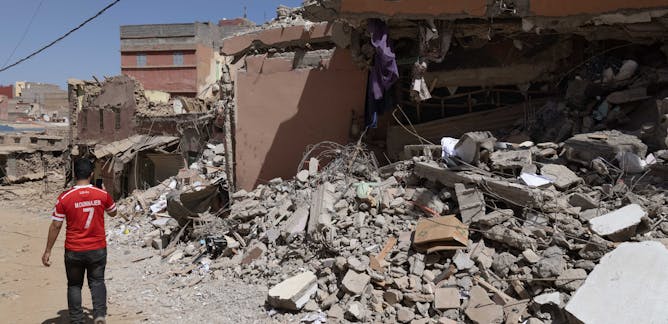
John van de Lindt, Colorado State University
One way to prevent the destruction wrought by a devastating earthquake – like the one that hit Morocco in September 2023 – is to construct resilient homes and buildings.
|
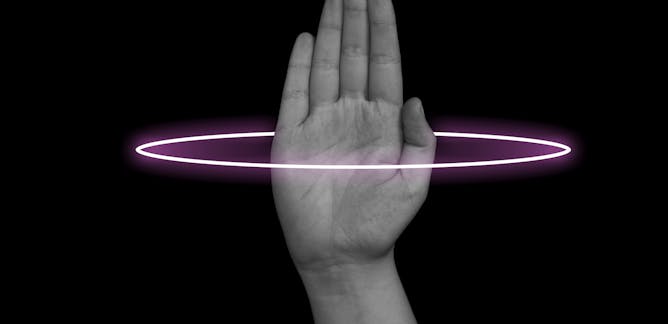
Chantrell Frazier, Framingham State University; Kenneth G. Furton, Florida International University; Vidia A. Gokool, Lawrence Livermore National Laboratory
Human scent could one day be used as evidence in forensics and as diagnostic information in medicine.
| |

Jennifer Ahn, University of Washington
A pediatric urologist explains how the bladder and the brain communicate to wake you up when you need to ‘go’ – and how that communication might break down.
|
|
|
|
|
-
Karen Magruder, University of Texas at Arlington
A therapist shares advice for harnessing your stress over climate change and other environmental harms and putting it to work.
-
Michael W. Crowder, Miami University
The bourbon industry has been booming in recent years, but what sets all the different types of bourbon apart?
-
Shreyas Sen, Purdue University
With Apple’s capitulation on the latest iPhone models, USB-C is poised to become the standard connector for all devices.
-
Rachael Seidler, University of Florida
Space can damage everything from your cardiovascular and nervous systems to your mental health – long voyages can feel isolating for many.
|
|
|
|
|
| | |
| | |
| |
| |
| |
|
|
|